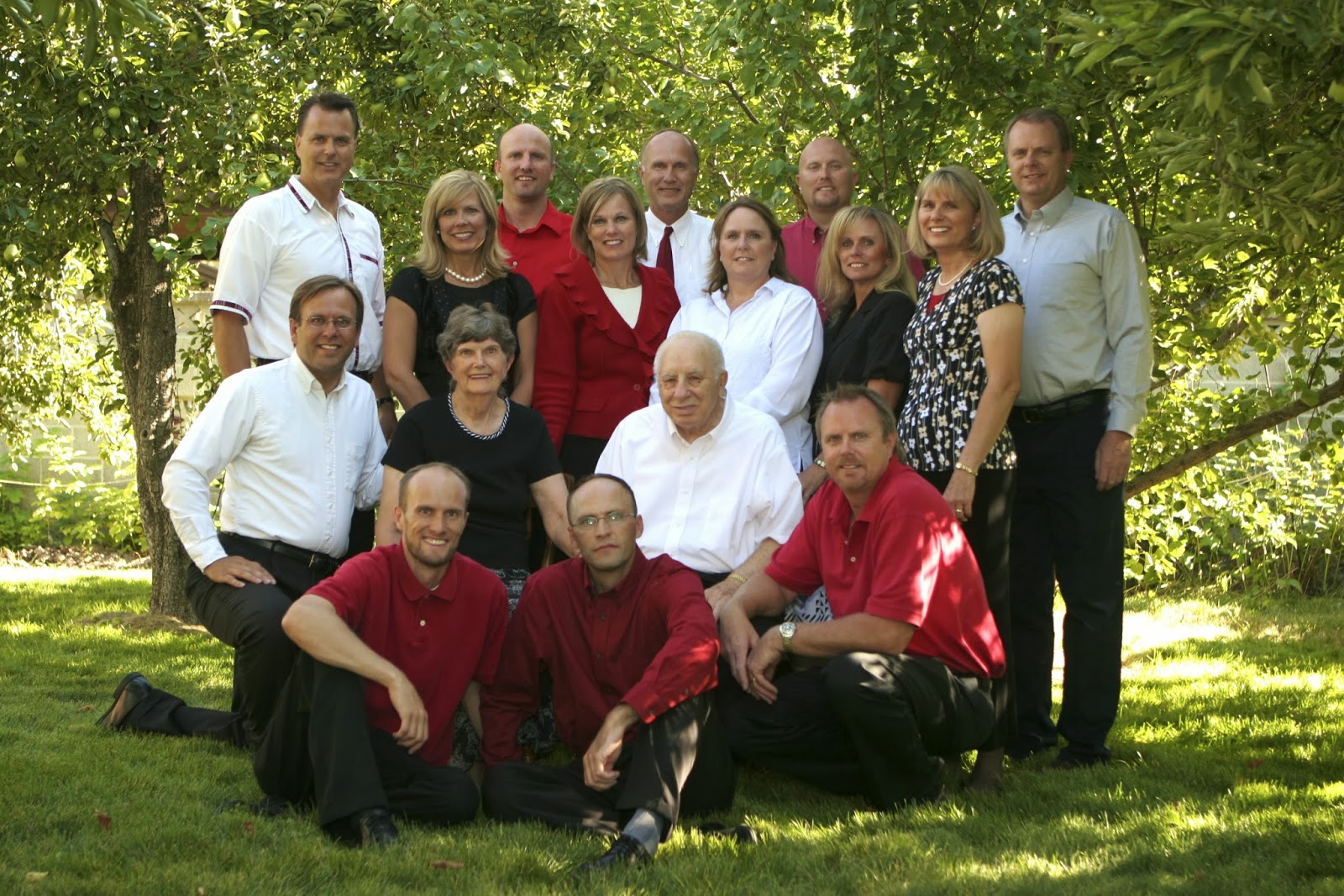Life and Life
I am a flip-flopper. I have held very strong positions that I later eschew for sometimes completely contrary viewpoints. For some reason the suggestion that someone has changed his or her mind results in a collective conclusion suggesting indecision and ineffectiveness. So without any fear that one day I may have to defend myself to a voting public, I share my opposition to the death penalty and my hope that the United States citizenry will come to a point where we place ourselves above the visceral desires for vengeance and honor our own self respect by allowing those who have committed great acts of evil to live.
In my youth, I argued that the death penalty should be utilized because it performed several useful functions. I believed that it served as a powerful deterrent to others so that such acts would be lessened over time. I believed that it served justice as a fair consequence for actions that were determined to be so heinous that death was the only punishment that approximated the demands of justice. I further believed that my faith compelled the conclusion that death was justified and even necessary for particular horrendous acts. While I no longer find evidence that supports the death penalty as serving a deterrent function, I can still find internal consistency with the model supporting capital punishment.
Nevertheless, I no longer support its use.
Decades of reflection have led me to a very different place. I recognize that all of my analyses focussed on the actions of, and the consequences for, the convicted criminal. If that is the totality of my consideration, perhaps I would be satisfied with my conclusion. But when I evaluated my role in supporting capital punishment I recognized that I was also saying something about myself, who I was and what I thought our society should be. That realization led me to a very different conclusion when I read in Matthew, “For whoever wishes to save his life will lose it; but whoever loses his life for My sake will find it.”
Those words reminded me of two types of prisoners. There are convicts who have changed their lives and done much good. There are others who remain steadfast in their thinking errors of entitlement, force and deception. The question became, can I tell the difference? I further wondered that even if I could, was it my place to foreclose the chance for change to any human being. Could I not find a way to allow the power of hope to penetrate even the most hardened soul?
We have put to death the innocent. We have executed the guilty. All are now dead and we know not the paths they would have traveled. The triangle of consequence - confinement, separation and punishment - limits our view to a focus on the acts of the criminal alone. I suggest we step back and remind ourselves of who we are and what we might become. I suggest we stand for hope.

Comments
Post a Comment
Thank you for keeping your comments positive and helpful..